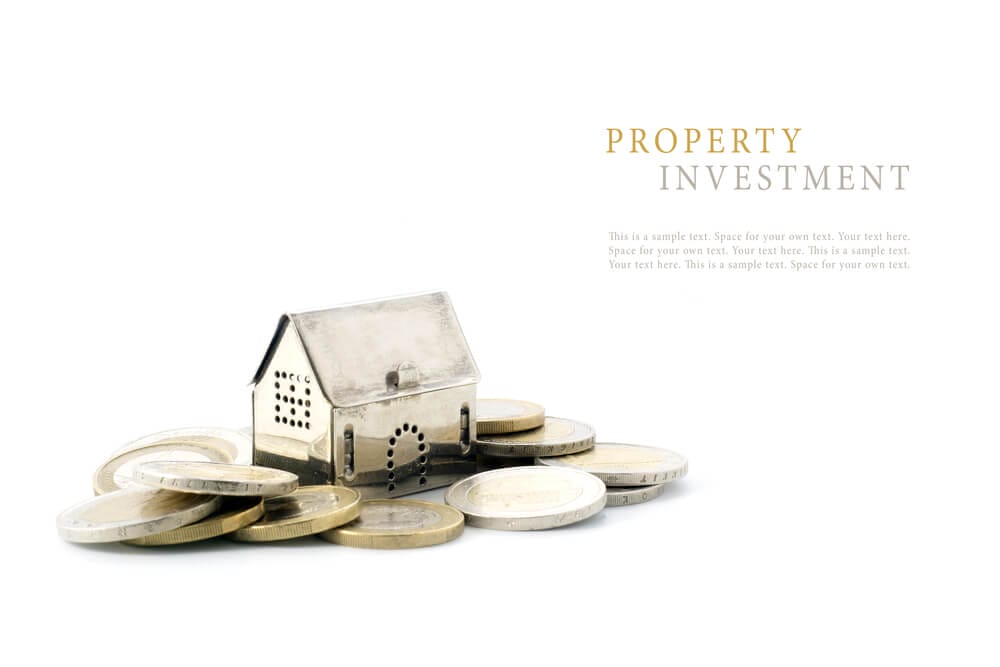There comes a time when it’s time to move. Whether you’re staying in the same neighborhood or you’re moving several zip codes away, what to do with your home is an important consideration. Many simply don’t give it much thought and contact their real estate agent to work some numbers and receive an estimate how much they would net from the sale. That is if that’s the choice they make. They can also decide to just keep the property as a rental property and buy another primary residence. Does this sound familiar? Are you thinking of selling your home at some point in the future?
Here are some questions you need to ask yourself that can help guide you to the right decision.

Investment Property: Do You Need to Sell?
Leaving and keeping one house and moving into another means getting a new home loan. This typically means you’ll need money for a down payment and closing costs. If you do have sufficient savings to take care of both then you do have the option of keeping or selling. If you don’t, or you would rather take some of the proceeds from the sale of your property to make a larger down payment and keep your new mortgage payments low, then selling is your option.
You can contact a real estate agent to get an idea on how much you could sell for. Your agent can prepare a Comparative Market Analysis which looks at recent sales of similar homes in the area and compare them to yours. After subtracting the agent’s commission, paying off the mortgage balance and deducting closing costs, the net proceeds go directly into your bank account. Or, the funds are used to simultaneously close on the new property.
Note that if you’ve only owned the current property for just a few years and your down payment was 5.0% or even less, it’s possible your net proceeds won’t be enough to cover everything you want. But here in San Diego County, even properties that were financed a few short years ago, properties appreciated to the point where there can be enough funds needed to buy and finance another home.
How Much Rent Can You Earn Each Month?
That same real estate agent can also tell you how much rent you can expect to receive by comparing market rents for similar properties in the area. Compare this monthly amount with what you’re now paying on your mortgage along with a monthly allotment for property taxes, insurance and maintenance. Real estate investors refer to this calculation when determining cash flow. If the rent more than covers the associated monthly expenses plus financing costs, the property cash flows. If it does not, real estate investors typically look for another project that does provide net income each month.
Just as property values have risen over time so too have rental rates. When the median home value increases it makes it a bit more difficult to qualify for a home loan, increasing the demand for rentals. Higher demand for rentals equals higher rents which equals better cash flow.
How’s the Real Estate Market?
Are you living in an area where property values are on the rise? Then you might consider keeping the property for the cash flow all the while the equity is building in the property. As area real estate values rise, so too does the value of your home. If you sell now you may be missing out on a greater return in the future. Besides, if the property cash flows it’s not an expense. The tenants are paying you more than enough rent.
But maybe the market is in for a turn. Perhaps you’ve noticed that property values are falling or homes are staying on the market longer than they used to. If you think you can sell your home for more today than you might six months from now, then a sale might be the better choice. No one can see the future and even the best of prognosticators get it wrong but when making a choice of keeping or selling you do need to make some assumptions.

Are You a Good Landlord?
When you keep your house and rent it out, suddenly you’re a landlord. Remember back when you first rented? You had your own place and if anything went wrong you called your landlord or property manager. If the sink has an annoying drip or the bathtub didn’t drain properly, it was your landlord’s problem, not yours.
If you get a call about a bathtub that doesn’t drain are you prepared to make a house call to fix the problem? If not, you’ll need to find a reliable plumber who can make the call for you.
You’ll also need to find your tenants and take care of them. Savvy real estate investors will tell you the secret to being a successful landlord is to find quality tenants. You need to market the property as a rental or find an agent to help. The potential tenant will complete a lease agreement and you’ll do a background check on them as well. You’ll accept a lease deposit and collect the rent each month.
For those that don’t relish being a landlord they can hire a property manager that, for a fee, will handle the daily tasks of managing the property from finding tenants to fixing leaky faucets.
All this being said, if you’re even thinking about keeping the property as a rental you’re probably on the right track. If you’ve never considered it and want to use the proceeds from the sale to buy another home, then a sale it is. However, if you’ve never considered it perhaps you should at least give the thought some time. Having an additional monthly cash flow while watching your overall financial profile improve over time is a good thing.


